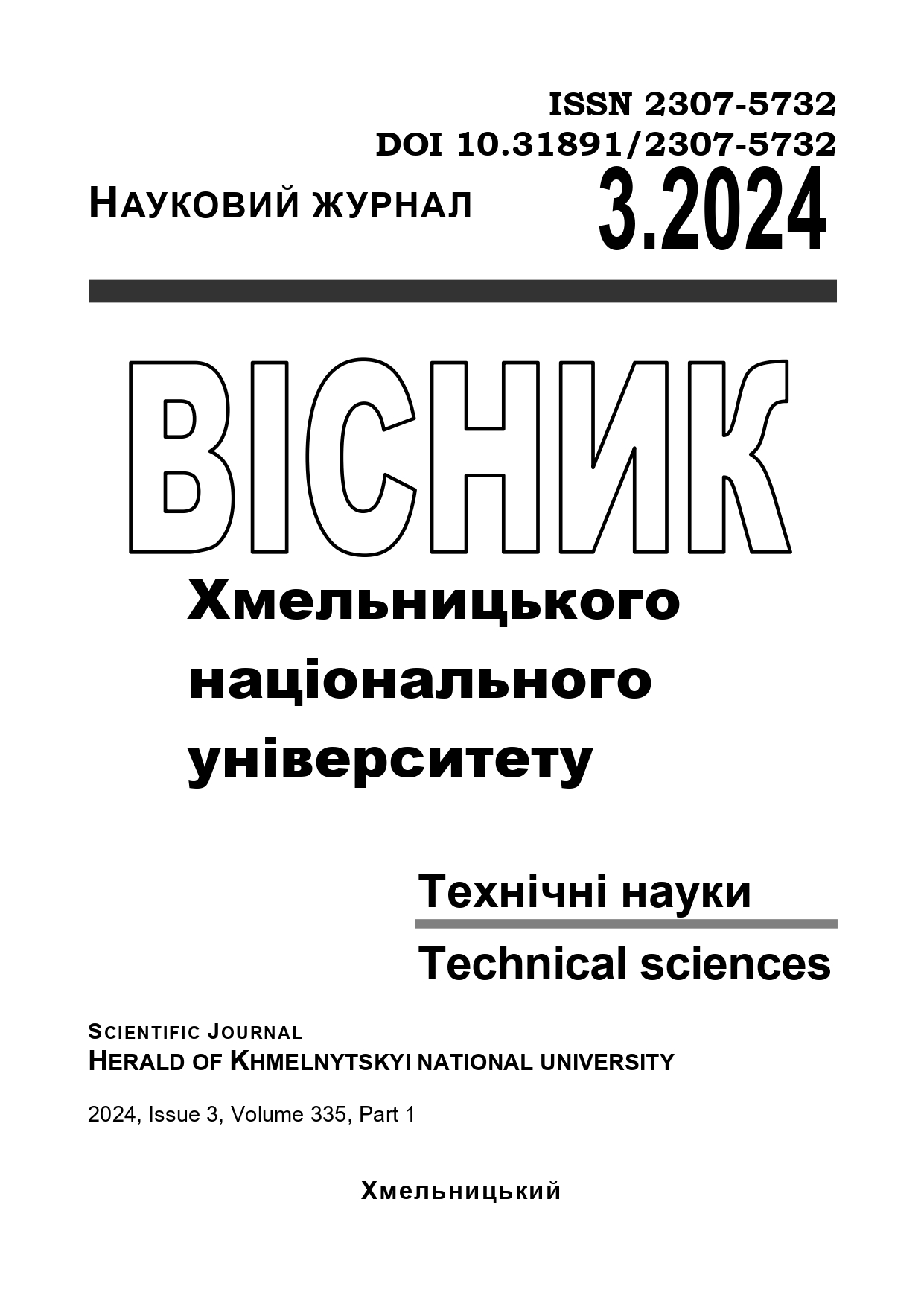ПРОБЛЕМИ ВИКОРИСТАННЯ ТЕХНОЛОГІЙ ШТУЧНОГО ІНТЕЛЕКТУ В ДОДАТКАХ НА СМАРТФОНІ
DOI:
https://doi.org/10.31891/2307-5732-2024-335-3-38Ключові слова:
штучний інтелект, машинне навчання, мобільна розробка, досвід користувача, персоналізовані програмиАнотація
Швидке поширення смартфонів зробило їх незамінними інструментами, які використовуються не тільки для спілкування, але й як платформи, здатні виконувати складні обчислювальні завдання. Ця еволюція відкрила нові можливості для впровадження технологій штучного інтелекту (ШІ) на цих пристроях. Проте інтеграція ШІ у мобільні додатки супроводжується певними викликами. Ця стаття досліджує ключові питання та обмеження, пов'язані з використанням технологій ШІ в мобільному середовищі, особливо акцентуючи на обмеженнях апаратного забезпечення, конфіденційності даних та етичних аспектах.
Смартфони все більше стають основним пристроєм для більшості користувачів, які мають доступ до широкого спектру персоналізованих застосунків завдяки ШІ. Незважаючи на переваги, які забезпечують покращену функціональність та досвід користувача за допомогою ШІ, існують значні обмеження. Це включає обмежену обчислювальну потужність, високе енергоспоживання та необхідність захисту та забезпечення безпеки великих обсягів даних користувачів. Ці обмеження є критичними, оскільки вони безпосередньо впливають на ефективність та життєздатність ШІ-додатків на мобільних платформах.
Дослідження аналізує різні рішення для подолання цих викликів, наголошуючи на балансі між досвідом користувача та технологічними обмеженнями. Наприклад, локалізована обробка ШІ на пристроях може потенційно мінімізувати ризики конфіденційності даних та зменшити залежність від постійного інтернет-з'єднання. Більш того, прогрес у мобільному апаратному забезпеченні, такий як спеціалізовані ШІ процесори, робить можливим виконання складних завдань, таких як обробка природної мови та аналіз зображень в реальному часі на самому смартфоні.
На завершення, хоча ШІ може значно покращити функціональність мобільних додатків, розробники та зацікавлені сторони повинні навігувати у складному ландшафті технічних викликів, очікувань користувачів та етичних аспектів. Майбутні дослідження повинні зосередитися на розробці більш ефективних алгоритмів ШІ, призначених для мобільного середовища, та пошуках інноваційних способів подолання обмежень апаратного забезпечення смартфонів.

